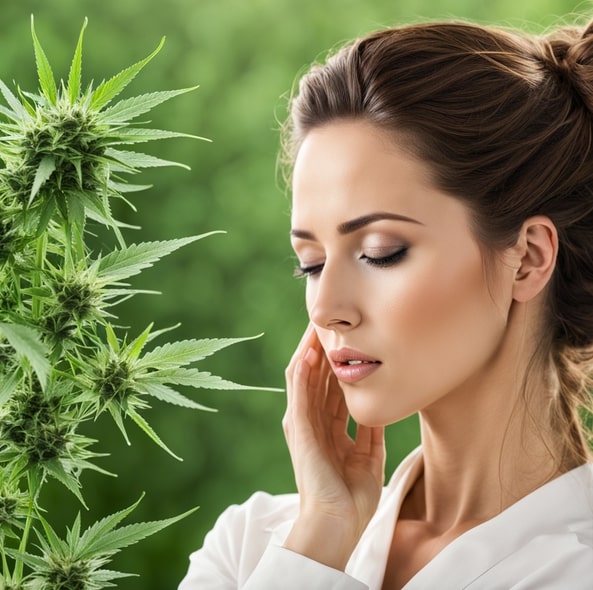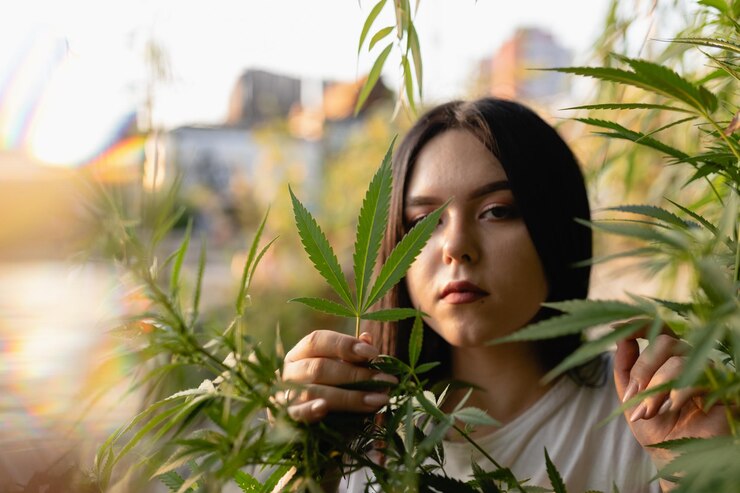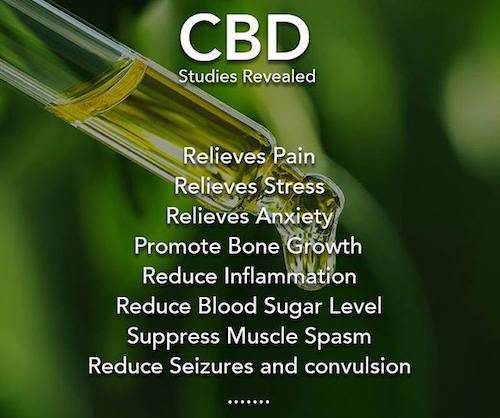Anxiety, the overwhelming sense of fear and apprehension about the future, has transformed into a global epidemic. In the United States alone, over 40 million adults over the age of 18 grapple with anxiety-related disorders, highlighting the urgency of comprehending this condition.
Throughout one’s lifetime, it is highly likely to experience several episodes of anxiety due to its association with common situations such as relocating to a new place, undertaking significant exams, dealing with illnesses, transitioning to a new school, planning major life events like weddings or the arrival of a baby, or even anticipating the loss of a loved one. While some experiences may induce mild to moderate anxiety, others can be deemed pathological and necessitate medical attention, as they involve prolonged periods of anxiety, hampered work performance, decreased appetite, shortness of breath, and an increased heart rate. These intense instances of anxiety are commonly referred to as anxiety disorders.
Let us explore some of the causes of anxiety:
- Stress and pressure from work or school.
- Intimate relationship or marriage pressures.
- Abuse, including mental, verbal, physical, and sexual.
- Financial crises.
- Side effects of prescribed medications.
- Substance abuse, such as cocaine,.
- Trauma is associated with grief and the loss of loved ones, jobs, or relationships.
- Panic disorders.
- Phobia disorders.
- Excessive consumption of caffeine.
- Public appearances and performances.
- Social events.
- Pessimism.

Anxiety presents differently in various people based on its strength and degree. It can also impact children, with studies revealing that one out of every eight youngsters has an anxiety problem. As a result, children may participate in activities such as athletics, behavioural therapy, eco-therapy, and music lessons to relieve tension and encourage relaxation.
Difficulty concentrating, physical complaints, abnormal feeding patterns, persistent sobbing, excessive clinginess, irritability or rage, and nightmares or sleep disruptions are all common symptoms of anxiety in children.
Signs of anxiety in adults include nervousness, restlessness, and tension; fatigue and weakness; irregular eating patterns; sleep problems and nightmares; obsessive thinking; gastrointestinal problems; excessive worrying; sweating; trembling; rapid breathing (hyperventilation); and phobias.
It is important to note that experiencing an episode of anxiety does not necessarily indicate an anxiety disorder.
There are various categories of anxiety disorders:
Generalized Anxiety Disorder
Characterized by chronic anxiety, exaggerated worry, and tension, even in the absence of triggering circumstances.
Obsessive-Compulsive Disorder
It involves recurring, obsessive thoughts accompanied by compulsive behaviours, often manifested as established routines or a desire for cleanliness and health.
Panic Disorder
Marked by repeated, unexpected, or unpredictable fear episodes, often accompanied by chest or abdominal pain and shortness of breath.
Post-Traumatic Stress Disorder (PTSD)
It occurs after surviving an extremely stressful or life-threatening event, leading to severe anxiety and intense fear triggered by objects, people, or similar events. Counseling is typically recommended for individuals with PTSD.
Social Phobia or Social Anxiety Disorder
Characterized by extreme self-consciousness and fear in social situations, such as public eating, drinking, parties, public speaking, or performing to large crowds.

Treatments for Anxiety
There are several medical options when it comes to treating anxiety. These range from counselling therapy, referred to as cognitive behavioural therapy, to medications prescribed by a medical doctor called a psychiatrist, as well as using Full Spectrum Cannabinoid Oil. Stress management and maintaining a healthy lifestyle are also strategies used for lowering or eliminating anxiety.
Cognitive Behavioral Therapy (CBT)
It involves a counsellor working with the individual to challenge and examine thoughts and behaviours, aiming to establish more beneficial and healthy beliefs. CBT can effectively manage and potentially eliminate mental pathologies like anxiety, panic disorders, eating disorders, and desperation over time.
Prescribed Medication
Psychiatrists may prescribe anxiety relief medication based on the type of anxiety disorder and individual factors. Commonly prescribed drugs include selective Serotonin Reuptake Inhibitors (SSRIs) like Fluoxetine, Paroxetine, and Citalopram; Serotonin-Norepinephrine Reuptake Inhibitors (SNRIs) like Venlafaxine and Duloxetine; Tricyclic Antidepressants such as Amitriptyline, Imipramine, and Nortriptyline; and Benzodiazepines like Alprazolam, Clonazepam, Diazepam, and Lorazepam.
Full-Spectrum Cannabinoid (CBD) for Anxiety
Recent research has revealed that some components and strains present in the cannabis plant and CBD products, like Full Spectrum CBD oil, have a good effect on social anxiety disorder and provide immediate anxiety relief. However, before using CBD oil or other anxiety reduction products, it is critical to visit a doctor because they may interact unfavourably with other prescribed medications.

Furthermore, not all cannabis products are addictive, and some have been licensed for the treatment of a variety of diseases. The finest CBD for anxiety and depression requires research and contact with a medical practitioner.=
Stress Management
Identifying and reducing stress triggers in daily life is crucial to combating anxiety. Effective stress management techniques include ensuring adequate sleep, journaling, practicing deep breathing exercises, cultivating positive thoughts, building a strong support system of family and friends, engaging in hobbies, spending time outdoors, and seeking professional help when needed.
Maintaining a Healthy Lifestyle
Holistic treatment options for mental health illnesses are critical. A healthy lifestyle includes getting up early, eating balanced meals, staying hydrated, avoiding excess carbohydrates and fats, practicing mindfulness and meditation, going to medical visits, and taking prescribed medications. These practices help to improve general health.

